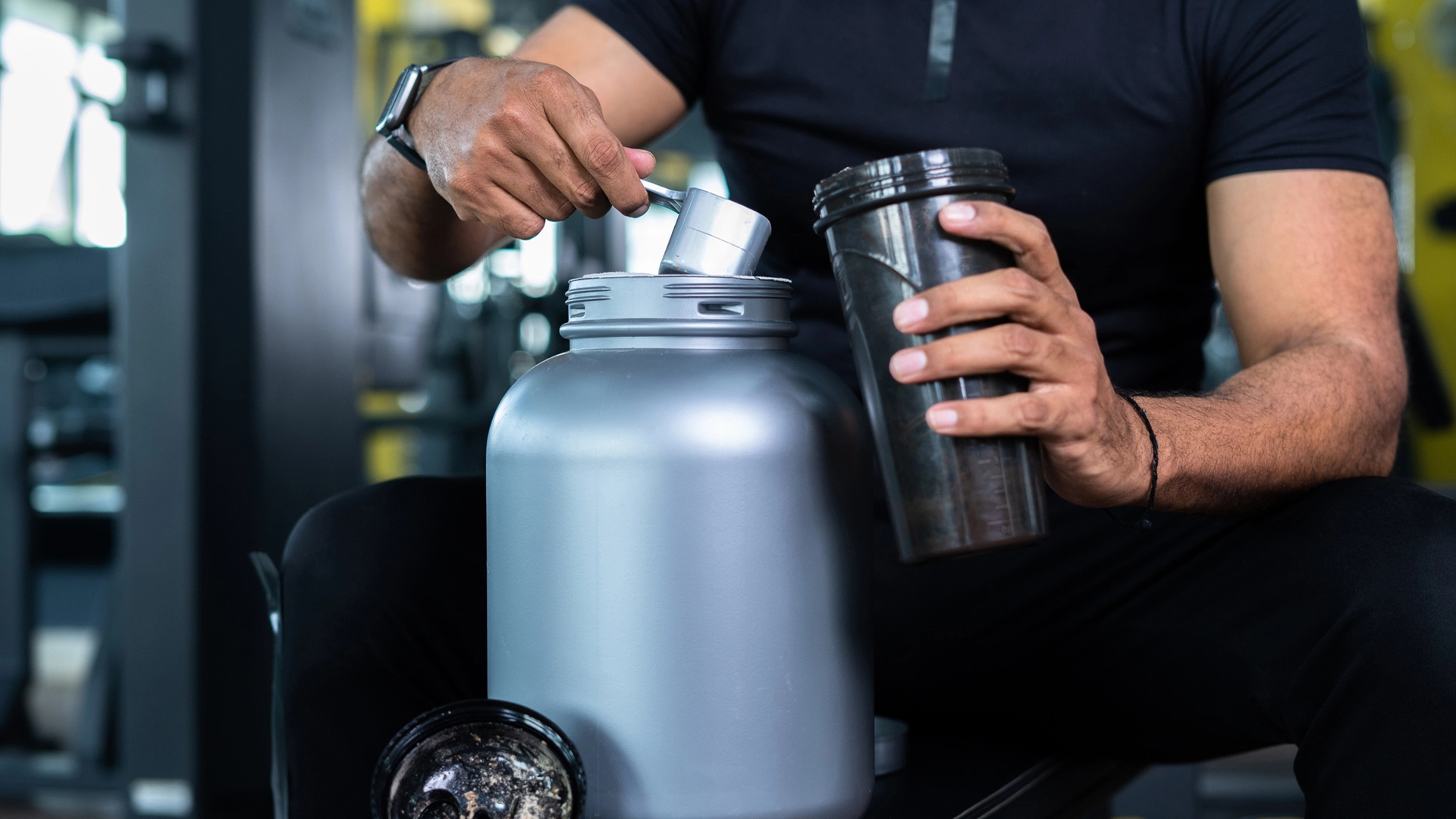
Eating protein at the right time after a workout can really help with building muscle, recovery, and performance. Many people want to know the best time to take protein after workout because timing can make a real difference. Whether you're an athlete, bodybuilder, or just trying to stay healthy, understanding when to take protein can improve your results.
In this guide, we'll explore:
Let's dive in!
Protein timing refers to strategically consuming protein around workouts to optimize muscle protein synthesis (MPS), which is essential for muscle repair and growth. During exercise—especially resistance training—muscle fibers experience micro-damage. Consuming protein after a workout helps repair these fibers, leading to stronger and larger muscles over time.
Research suggests that the window for optimal nutrient absorption post-exercise is limited, making protein timing after workout a key factor in recovery and performance.
Most fitness experts agree that the best time to have protein after a workout is within 30 to 60 minutes. This period, often referred to as the "anabolic window," is when your muscles are most receptive to nutrients.
During this window, consuming 20–40 grams of high-quality protein can stimulate muscle protein synthesis and speed up recovery. However, recent studies indicate that while timing is important, total daily protein intake also plays a significant role in overall muscle gains.
It's good to eat protein soon after your workout, but it's more important to eat protein regularly all day.
Now that we know the best time to take protein after workout, the next question is: how soon should you take it?
As mentioned earlier, the ideal timeframe is within 30 to 60 minutes after finishing your workout. This is because your body is in a heightened state of readiness to absorb nutrients, especially amino acids from protein.
If you delay protein intake beyond this window, the rate of muscle protein synthesis may decrease, potentially slowing down recovery and muscle growth.
If you've had a pre-workout meal with protein, the need for more protein after exercise becomes less urgent. Still, consuming protein after your workout helps with recovery.
Protein timing workout isn't just about recovery—it also affects how well you perform during your sessions. Consuming protein before a workout can prime your muscles with amino acids, enhancing endurance and reducing muscle breakdown during exercise.
Post-workout protein then steps in to repair and rebuild, completing the cycle of muscle maintenance and growth. Combining both pre- and post-workout protein intake creates a synergistic effect that supports long-term fitness goals.
To summarize, the ideal protein after workout time is between 30 to 60 minutes after finishing your training session. This ensures that your muscles receive the necessary building blocks to initiate recovery and growth.
If you work out late or not every day, just make sure you eat enough protein during the day. Don't worry too much about the timing.
But for maximal benefit, especially for serious athletes and bodybuilders, timing still holds value.
Manufacturers don't create all proteins equally. For post-workout recovery, opt for fast-digesting proteins like:
Whey protein is particularly popular due to its rapid absorption and high leucine content, which directly stimulates muscle protein synthesis.
Understanding the best time to take protein after workout is key to improving muscle recovery, strength, and growth. It's best to eat protein 30 to 60 minutes after your workout to get the most benefit, though the timing doesn't have to be exact.
Remember: timing matters, but consistency and quality matter more. Combine smart protein timing with a balanced diet and regular training, and you'll be on your way to achieving your fitness goals.
Q: How soon should I eat protein after a workout?
A: Within 30–45 minutes is ideal, if fasted.
Q: Is it bad if I miss the post-workout protein window?
A: No—but regular timing and meeting your daily protein needs matter most.
Q: What's the best protein source post-workout?
A: Whey protein for speed; chicken, eggs, or plant-based options for whole food.